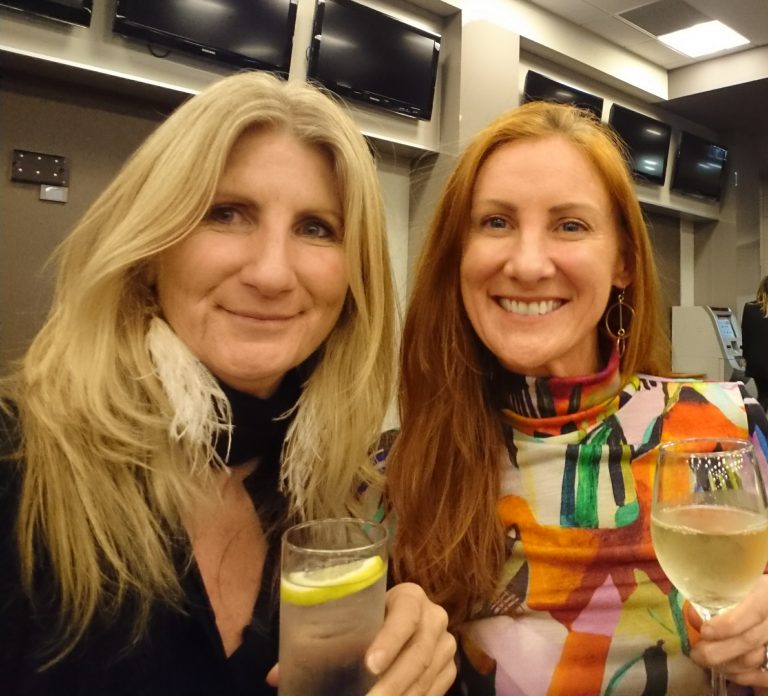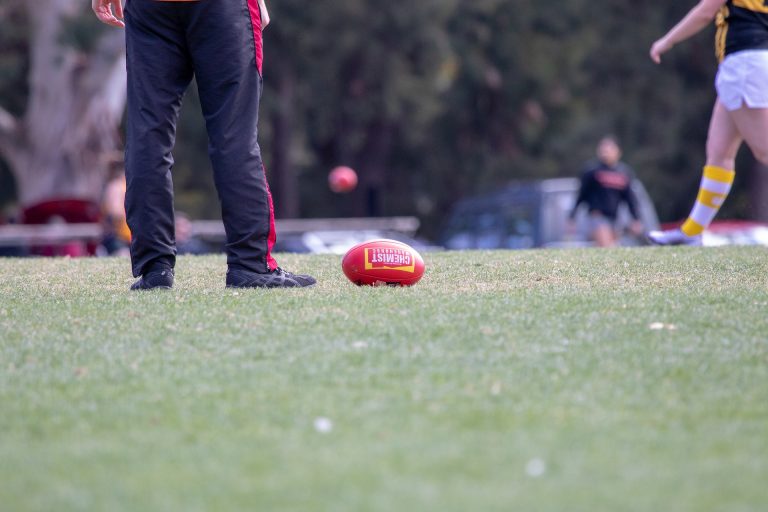Dan Ferguson is a living case study of the need for sports governing bodies and administrators to start listening to the individual needs of the community and to start thinking about shifting the paradigm from structured organised club sport to unstructured and informal sport and recreational activities.
Shannon Noll sung it best when he said “What about me, It isn’t fair, I’ve had enough now I want my share, Can’t you see, I wanna live. But you just take more then you give…” (OK, OK, maybe Moving Pictures deserve the kudos for being the originals back in 1982 – but that was before my time!).
Think about it though, sport does seem to just take, take, take. A new season brought with it an increase in fees. Another new uniform to purchase. More Thursday night dinners you are expected to buy at the club for $15 a pop (for a crummy chicken schnitta and chips). An ever-increasing expectation to arrive early for training two nights a week. A need to be there early on a Saturday to watch the twos play before the main game. Can you train a junior side during the week and be at games at 7am on a Sunday morning too? Oh and put your hand up for the committee? It seemed the longer you played, the more the cost and time commitments went through the roof.
At the same time, most people’s personal life and career is progressively getting just as hectic – new jobs, promotions, car loans, house purchases, marriages, starting families… and this is often all before you hit thirty! It fast becomes a choice – continue on your quest to be a professional sporting player (let’s be honest, that dream was over by the time you were 15!) or settle into ‘real life’. You can really start to see why that drop off in sports participation in the late teens and early twenties happens across the board.
Data (AusPlay etc.) shows us the changing preferences of participants – while the volume of participants in sport might be trending upwards seeing many sports spruik their ‘highest participant numbers on record’ or some other off the cuff tagline (just how many sports can be the #1 played sport, they all seem to claim it!) – in reality it’s thanks in most part to a general population increase. But, the total % participation in sport is trending down. ‘Informal’ or ‘unstructured’ activities have, are and will continue to be on the rise as they fit so well into the new lifestyles we live. ‘I want to do things when I want, how I want, for as long as I want…’ By definition, that doesn’t exactly sound like sport now does it? Sport needs to change it’s offering if it wants to capture as much of the market as possible (and it’s trying it’s best – ‘social sport’ etc.).
It seems that efforts such as VicHealth’s ‘Doing Sport Differently’ are really kick-starting these conversations around how sport can change, but from what I’ve seen the programs being run are often more focused on getting ‘new’ participants into the sports. It’s always going to be hard to crack that egg. Am I wrong in thinking that a concerted effort to re-engage past participants would surely increase the uptake percentage? And it really only requires a small shift in the win at all costs hyper-competitive mentality that too many of our community clubs have.
Let use me as a test-case… Funnily enough, I, like many others let ‘life’ get in the way of my sporting pursuits because sport just wasn’t giving me the user experience I wanted. I was an avid sport participant from age 5-21, but headed for an early retirement due to ‘life’ getting in the way. When attempting to make a comeback a few years ago I really struggled to find a traditional sports club and culture that fit in with my new preferences. I had to drop a significant level of standard in order to get the lack of “commitment” most require (i.e. I was looking for no more than one night per week of training, which was optional, minimal expectations to HAVE to play every weekend, and a suitable game time – not early Sunday mornings!).
Luckily, I eventually found this in a league NOT officially recognised by the State Sporting Organisation, meaning it was haphazardly organised at best, and some 30kms away! However, I felt like a kid again and looked forward to showing up and putting in my 90 minute shift every Saturday afternoon, and rarely missed a game, but relished in the freedom of knowing there wouldn’t be any repercussions of not turning up to training that week, or missing a game and having to spend three weeks in the twos trying to get back in the side. Is it a ‘fear of commitment’ that my generation has? No. Wait, yes. Maybe… (I can’t even commit to an answer here!).
Flash forward a couple of years, and a recent knee reconstruction thanks to my sporting comeback, and i am now a 100% recreational runner, cyclist and gym goer (when we’re allowed). It just fits the new ‘on-demand’ life I live… but the itch for competitive sport is always lurking in the background… I play social versions of my sport to get that competitiveness (think futsal/AFL 9s), and happily pay exorbitant fees for the privilege because it’s on my terms. But I yearn to get back on the field and play a real game. If only traditional sport would more readily offer a product on my terms. It doesn’t seem all that hard (I can hear the groans from club volunteers!).
www.socialsport.com.au run what is essentially a ‘tinder for sport’ service, linking interested participants for futsal, dodgeball and netball among other sports. Surely the same concept could be applied to traditional forms of sport? If my local club (or league for that matter) offered a service like that, I’d be throwing my money at them in a heartbeat. Get me back on the field when I can, in prime-time (Saturday arvo or Friday night – not Sunday morning thanks!), with no pre-conceived expectations or ramifications for poor performance. Heck, I’d even sign up if it was only a game every other week (like superules footy, but for ‘youngsters’). Now I know there’s some clubs and leagues out there that are already doing this, focusing on participation and just ‘giving it a go’. But it’s not the norm.
Although n=1 doesn’t make a statistically relevant argument, I’m sure this anecdote is true to many people. I firmly believe there’s a whole cohort of former players itching to relive their golden years if they’re given half a shot – sport just needs to rethink what is considered normal in this day and age.
I look forward to seeing you on the field in the future! (maybe, every other week, if I can be bothered, and pending my work schedule… look, I’ll sign up and pay my membership fee at least – just think of the revenue stream clubs!).
By Dan Ferguson
Rec People Industry Expert


